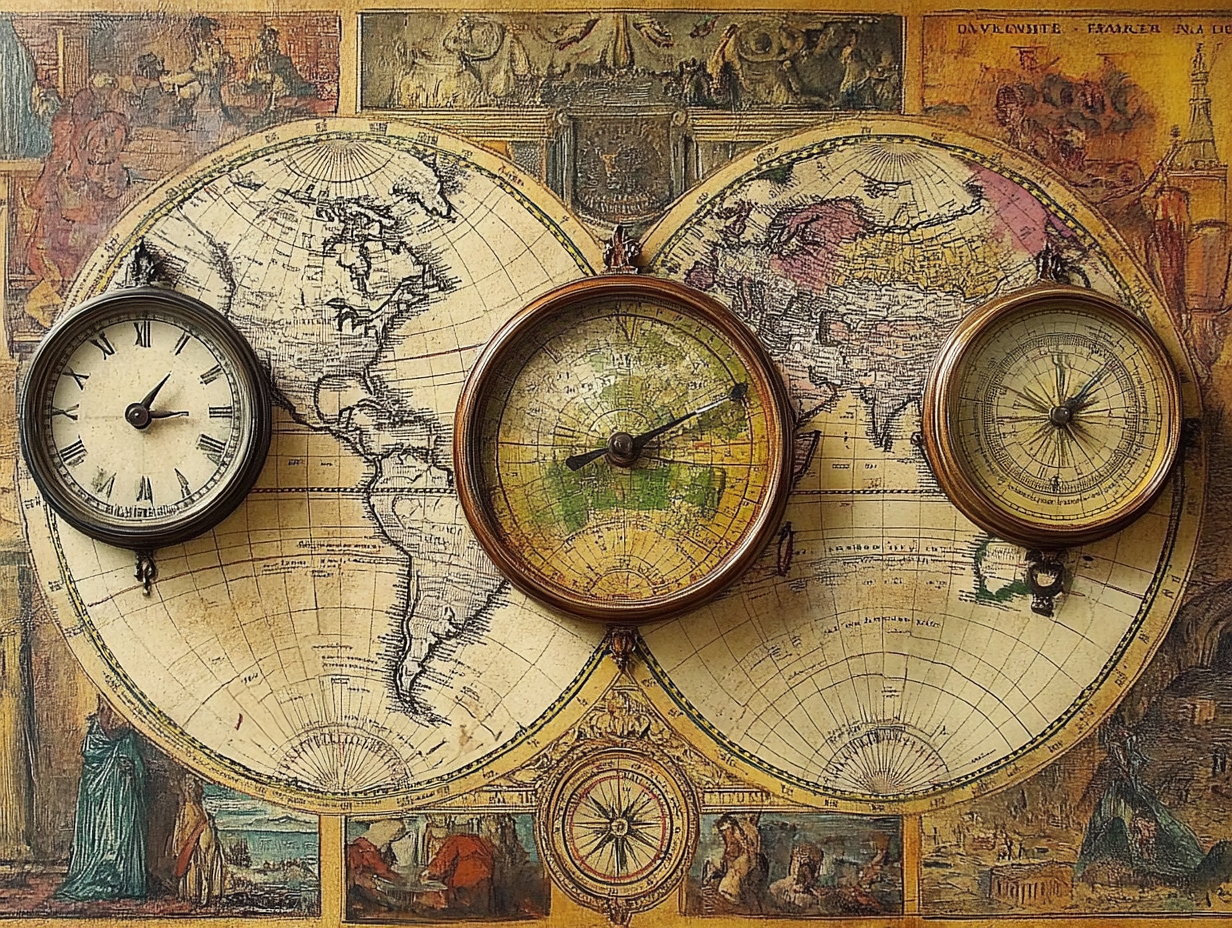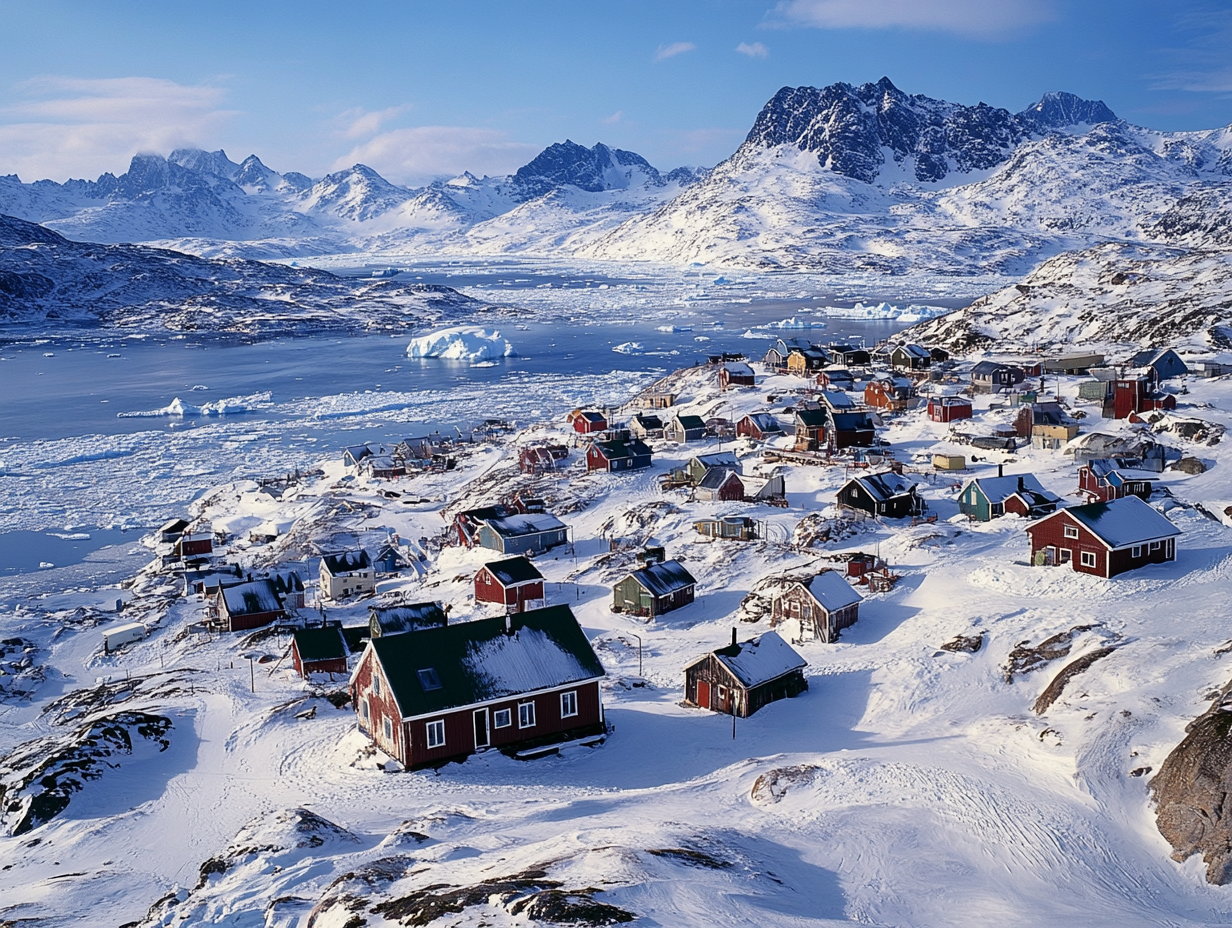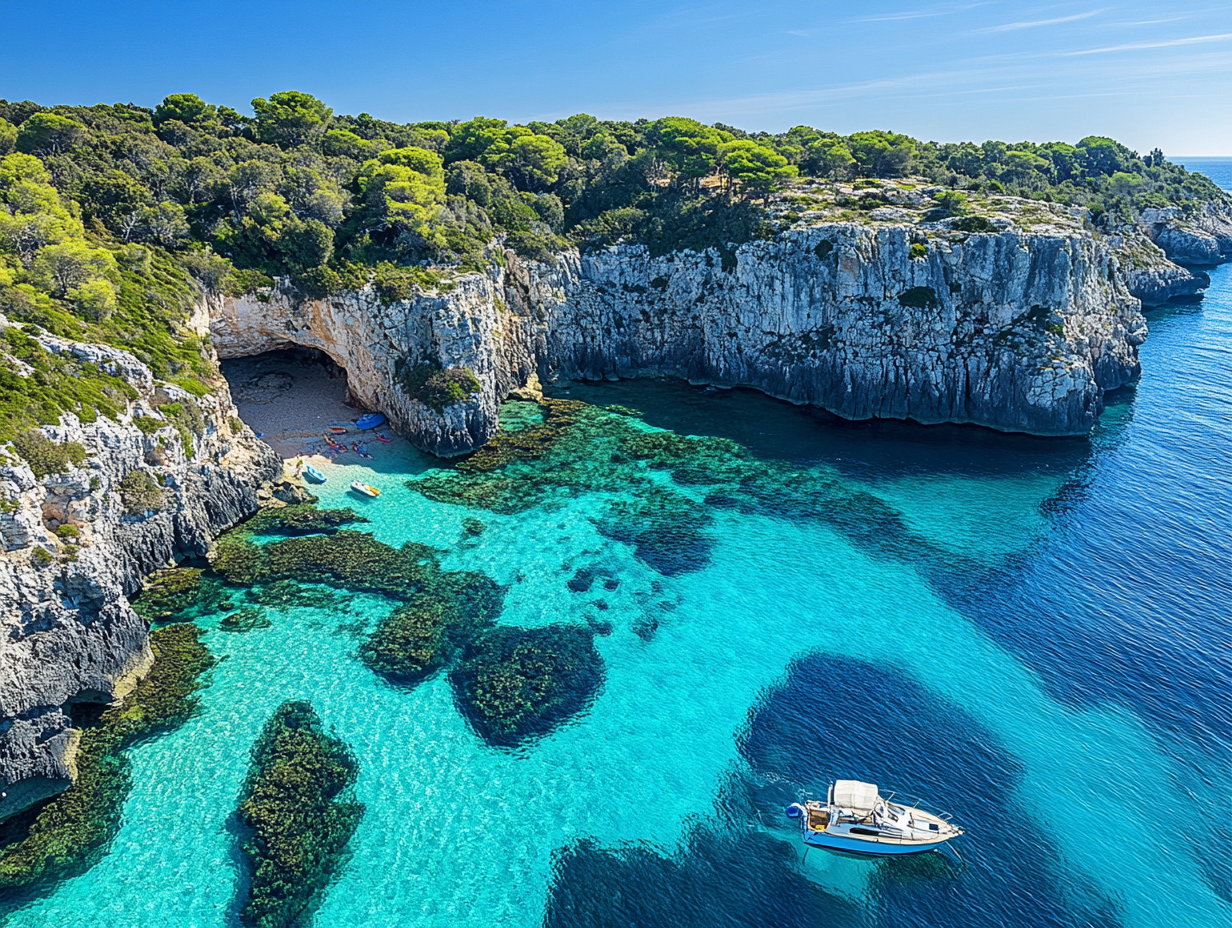At first glance, it seems obvious that Russia or the United States would dominate the time zone count, given their sheer size. But the rankings tell a more layered story, one shaped not just by continental spread, but by colonial history and the geographic sprawl of overseas territories. A country like France, which doesn’t even crack the top ten in landmass, ends up topping this list thanks to its reach across oceans and hemispheres. These time zone differences reflect not just geography, but the administrative reach of nations past and present.
How we compiled the list of countries with the most time zones
Here’s how the data was complied: This list uses data from Timeanddate, a trusted source for global timekeeping. It counts all official standard time zones used by a country, including those applied in overseas or outlying territories. Temporary changes such as daylight saving time are excluded, as are Antarctic claims. The tally reflects permanent UTC (Coordinated Universal Time) offsets currently in use by each country.
10 countries with the most time zones
France: 12 time zones
Despite its relatively modest size in Europe, France has territories scattered across the Pacific, Atlantic, Indian Ocean, and even South America. From the islands of French Polynesia (UTC−10) to Wallis and Futuna (UTC+12), France officially administers 12 different standard time zones, which is more than any other country in the world.
United States: 11 time zones
The US spans a large swathe of the planet, from Pacific islands like Wake and Guam to outlying islands in the Caribbean. Its domestic zones stretch from Eastern to Alaska Time, while remote possessions like Baker and Howland Islands operate on UTC−12. Together, they add up to 11.
Russia: 11 time zones
The largest country in the world by landmass, Russia stretches from the borders of Eastern Europe to the Bering Strait. It covers 11 time zones from UTC+2 in Kaliningrad to UTC+12 in Kamchatka, all across its contiguous mainland.
Australia: 9 time zones
Australia’s domestic timekeeping is already complex, but add external territories like Christmas Island, the Cocos Islands, and Lord Howe Island, and the total climbs to nine. Some regions even use unique half-hour or 45-minute offsets.
United Kingdom: 9 time zones
From the Pitcairn Islands in the Pacific (UTC−8) to the Chagos Archipelago in the Indian Ocean (UTC+6), the UK’s overseas territories are scattered widely. While mainland Britain uses UTC+0, these far-flung holdings bring its total to nine time zones.
Canada: 6 time zones
Canada’s vast geography spans six standard time zones, from Newfoundland Time (UTC−3:30) to Pacific Time (UTC−8). Each province and territory aligns with its own zone, with no overseas additions required to make the list.
Denmark: 5 time zones
Though geographically compact, Denmark’s jurisdiction includes the Faroe Islands and multiple time zones across Greenland. These Arctic and North Atlantic territories bump its total to five.
New Zealand: 5 time zones
Mainland New Zealand runs on UTC+12, but its reach extends to the Chatham Islands (UTC+12:45), as well as associated self-governing states like Niue and the Cook Islands. These collectively make for five time zones under New Zealand’s administration.
Brazil: 4 time zones
Brazil covers four time zones, from UTC−5 in the far-western Amazon regions to UTC−2 on its Atlantic islands. While all zones are confined to South America, the country’s continental breadth ensures a wide spread.
Mexico: 4 time zones
Mexico’s four official time zones span from UTC−8 in Baja California to UTC−5 in southeastern Quintana Roo. Though its range is narrower than others in this list, it still reflects the country’s east–west expanse.



